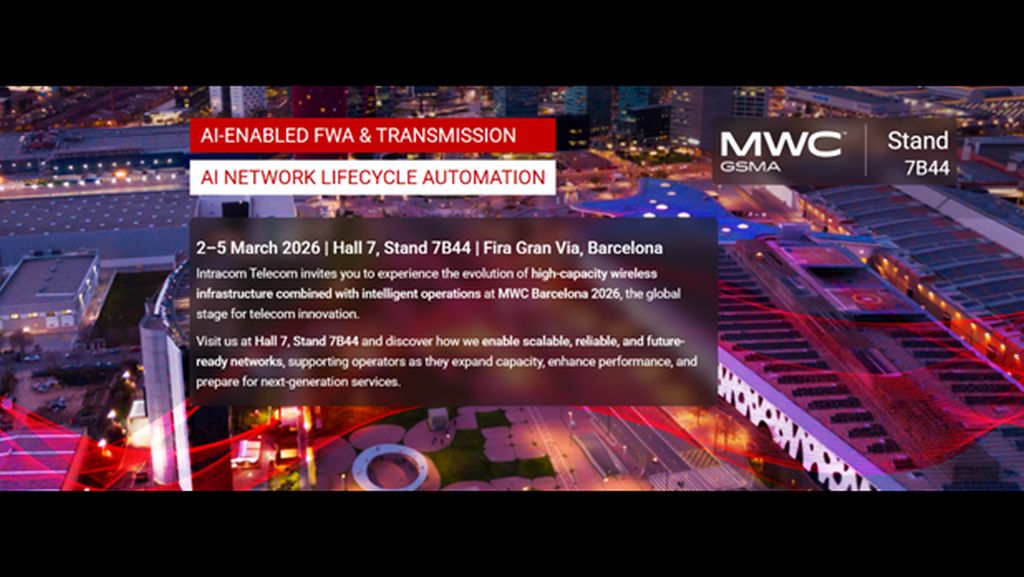All companies using value vouchers will be affected, especially the chain stores, manufacturers, service providers as well as companies that emit or mediate buying or selling them.
At the end of August 2018, the Ministry of Public Finance debated a draft amendment to the Fiscal Code. The amendment aims to clarify the VAT treatment applicable to value coupons. The proposed legislation comes as a result of the EU Member States' obligation to implement a 2016 directive in their local legislation.
I summarize the main proposed legislative changes as well as the main points of attention when transferring / capitalizing such coupons.
The first legislative amendment is aimed at terminology. The name "value coupon" will be used. From the point of view of the possibility of use, two types are defined:
- Single use - those that refer to a specific purchase of goods / services, known at the time of issue as the place of delivery or performance and the VAT payable
- multi-use - other than single use.
A novelty brought about by the proposed amendment to the law is the indication on the value coupon or in the related documentation of the name of the goods or services to be delivered or rendered or the name of the potential suppliers or providers.
The proposed legislation clarifies how to tax the transfer of value coupons, handing over goods or providing services in exchange for the coupon. The changes also concern the tax base for the goods or services for which the coupon was used, as follows:
- Each transfer of value-added coupons for single use is assimilated to a supply of goods or services and is subject to VAT;
- The surrender of goods or the provision of services in exchange for a single use coupon is not a separate VAT operation;
- If the coupon value does not fully cover the counterparty required for the supply of goods or the provision of services, a separate transaction shall be deemed to have taken place;
- The deliver of goods or the provision of services in exchange for a multi-use coupon is a VAT operation, whereas any other prior transfers are outside the scope of VAT;
- The value on a multi-use value coupon and accepted as a counterpart for a delivery of goods or a service provision is considered to be a gross amount, including VAT.
Other changes target the situations in which intermediaries are also involved in the coupon transfer chain. Although the legislative proposal comes with a number of important clarifications, the implementation will most likely bring many questions from companies using value vouchers.
We have identified a number of issues that can pose problems in practice. For example, the situation where the seller of the product or the service provider issues an invoice to the company that issued the coupon (eg the builder), not to the customer.
At the same time, if it is necessary to pay a difference from the customer, then the supplier / provider will issue two invoices: one to the voucher and one to the customer. In both situations, we ask ourselves whether the issuer who partially / fully supports the cost of the acquisition can recover his paid VAT, as long as the one who takes possession of the good or uses the service is the customer.
Absolute novelty with regard to multi-use coupons is the situation where the intermediary purchaser / reseller of coupons earns profit from these intermediaries.
If he provides a service and can identify himself, then this provision is subject to VAT. How would it be distinguished in practice if the intermediary provides a service or not, to the extent that it makes a profit by obtaining a discount on the purchase of coupons or by adding a profit margin to resale them?
It is clear that vendors with value vouchers will have to reconsider their current business structures to determine whether they are generating additional VAT obligations or whether there are cost-effective solutions.
Also, as long as the draft change is subject to public debate, we recommend all companies using value vouchers to raise the issues to be clarified.


































